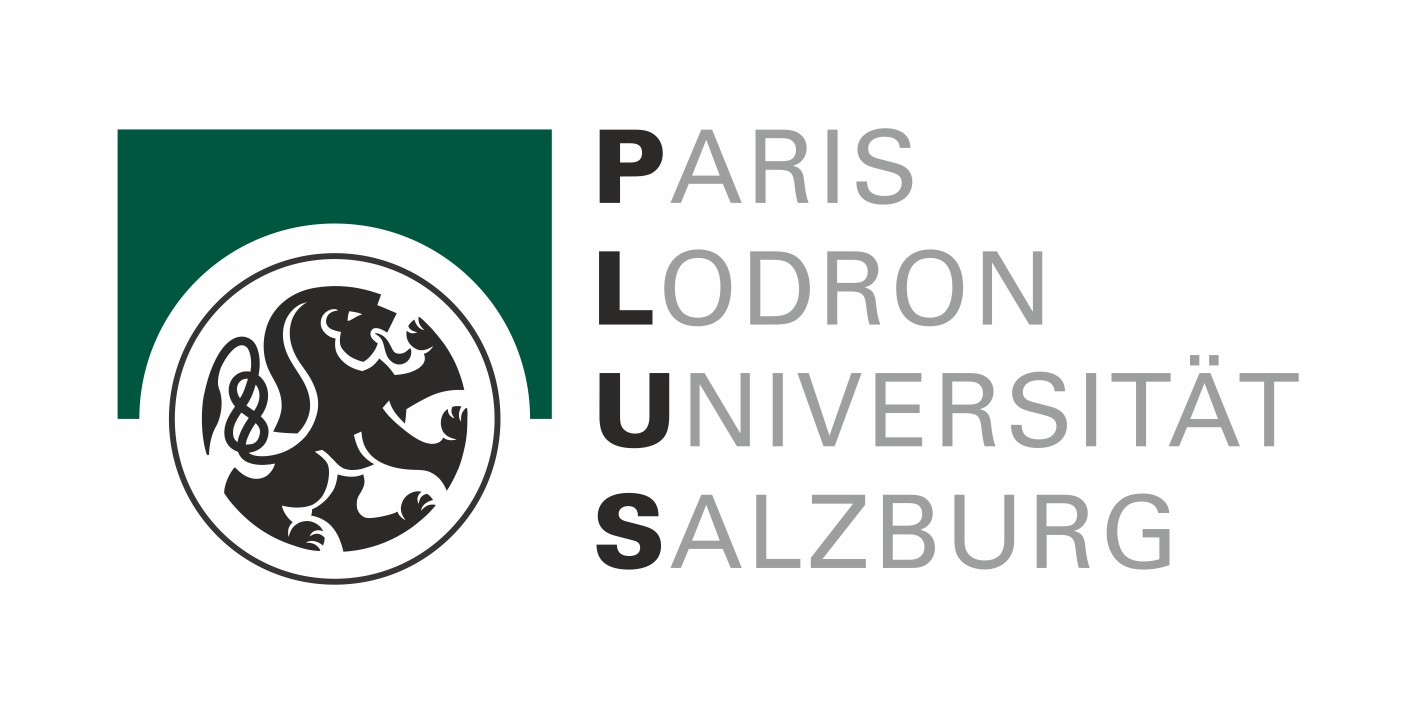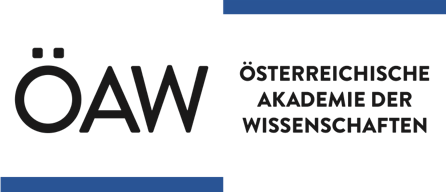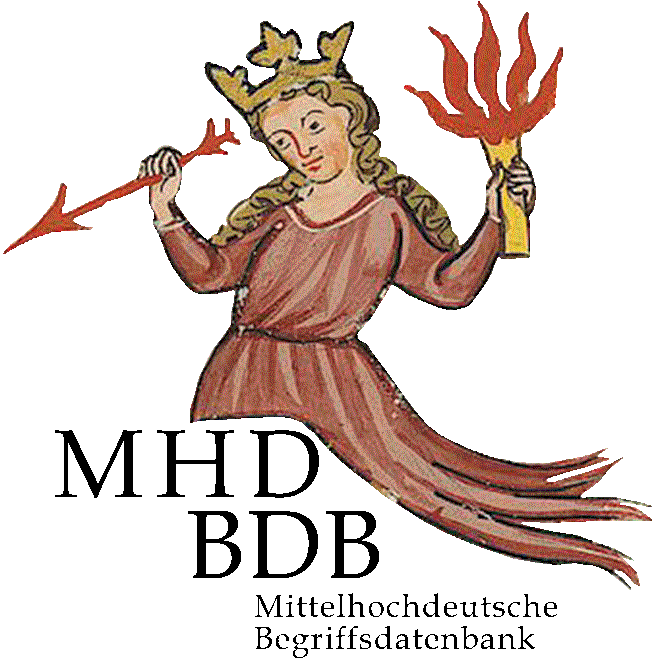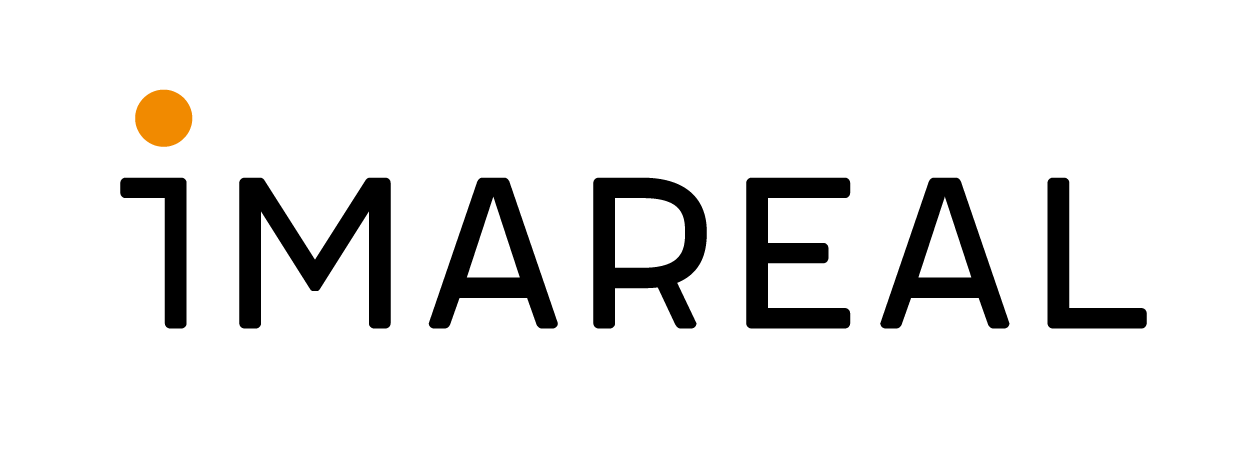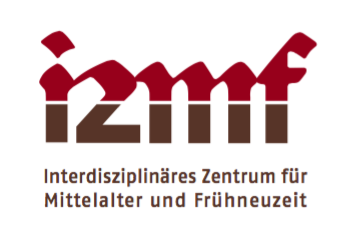About
ONAMA is developing a Semantic Web ontology as a digital tool for the analysis of the imaginative potential and narratological patterns in literature and medieval images.
ONAMA enables cross-media research into the narratives of the Middle Ages and thus also makes it possible to overcome the disciplinary boundaries between pictorial and textual tradition. Thus, the Ontology of Narratives of the Middle Ages serves as a tool for answering many interdisciplinary as well as intermedia research questions. The ONAMA corpus illustrates in an exemplary way how the choice of medium or a particular information carrier affects narrative and narratological structures.
The interdisciplinary joint venture ONAMA is based on the extensive corpora of two long-term projects of the University of Salzburg, the Middle High German Conceptual Database MHDBDB and REALonline, the image database at IMAREAL. REALonline enables users to call up a variety of realisations of narratives in images and their building blocks. Using an onomasiological system of terms, the MHDBDB provides access to the vocabulary of Middle High German and links it to an extensive corpus of texts from different fields of writing.
Funding
Implementing institutions of the University of Salzburg are the Middle High German Conceptual Database (MHDBDB) and the Institute for Medieval and Early Modern Material Culture, Krems (IMAREAL), both part of the Interdisciplinary Centre for Medieval and Early Modern Studies (IZMF).The duration of the project is from 01.03.2019 to 31.12.2021.
The project is funded by the programme go!digital next generation of the Austrian Academy of Sciences.
Repository, Licensing Model, FAIR-Principles
ONAMA's data management fully follows the FAIR principles. The research data is maintained in GAMS (Geisteswissenschaftliches Asset Management System) of the Institute Centre for Information Modelling - Austrian Centre for Digital Humanities (ZIM-ACDH) at the University of Graz. GAMS is an OAIS compliant asset management system based on FEDORA and offers several standard export interfaces. All data will be available in the digital repository GAMS under the Creative Commons CC BY-NC-SA licence. By using the flexible CC BY licence models, ONAMA, as a data producer, can retain control over its data and make the generated data publicly available for research.
GAMS is a certified, trustworthy digital repository in accordance with the guidelines of the Data Seal of Approval with a special focus on the permanent storage and reusability of resources that are considered to be durable in the long term. GAMS is listed in the register of research data repositories re3data.org.
Archiving and Preservation
The data storage for GAMS is done via SAN by the IT department of the university (UNI IT). The data is stored redundantly in two computer centres in different campus buildings. Data backup in GAMS is part of the central backup processes of the University of Graz. Daily backups are stored on a disk array and later moved to tape. There is an additional daily offsite backup, which is managed by the centre itself.
Persistent Identifier
As a member of the handle network ZIM-ACDH operates its own handle server. All data objects in the system receive a persistent identifier (PID) based on handle.net and can thus be named explicitly, analogous to a print publication.
Administrative Metadata
All data objects included in GAMS are provided with a PID and administrative metadata in Dublin Core RDF/XML (DCMI), which is also available as Component Metadata (CMDI). GAMS are used during the project not only for archiving the final product but also for early access. Stable versions of the ontology will be released during the project phase and discussed with the community.Applied standards for the ontology
Applied standards for the ontology
The ontology and annotations are developed as RDF/XML resources. The Web Ontology Language (OWL) is used to develop ONAMA classes, object properties and instances. ONAMA will be based on CIDOC CRM and will reuse classes and object properties where appropriate. A SPARQL endpoint is available to query the data.
Frontend
The ONAMA front-end is developed by the external provider complement. It is based on WordPress and will contain plug-ins for the visualisation of the ontology. The frontend source code including SPARQL query objects are archived in GAMS and published on GitHub.
List of standards and metadata formats
CIDOC CRM, CMDI, Dublin Core, OWL, RDF, SPARQL
List of norm data providers
GND, Iconclass, Wikidata
Ensuring compliance with the FAIR principles of the participating databases
The data used and referenced in the MHDBDB and REALonline projects follow the FAIR principles. All texts and images of these platforms can be referenced by persistent identifiers. Without a clear and permanent institutional connection of research data, availability beyond the project duration could not be guaranteed. Both databases, in turn, have data management plans in coordination with the University of Salzburg and its planned repository dhPLUS, which guarantee long-term availability. The Paris Lodron University of Salzburg (PLUS), which hosts both databases, is also very interested and would like to participate in the creation of a national repository network to effectively counteract the storage of local claims through cross-institutional redundancy. In a first step, the University of Salzburg is part of the CLARIAH-AT network. The MHDBDB is actively involved in CLARIAH-AT activities. Computer centres and networks such as CLARIAH-AT guarantee the accessibility and reusability of research data in the humanities beyond the active project duration.
Neueste Beiträge
- Quellcode veröffentlicht
- Source code published
- Lecture „ONAMA – Annotating Medieval Narratives using Linked Open Data“ at the Institute of Historical Sciences / Digital History in Berlin
- Vortrag „ONAMA – Annotating Medieval Narratives using Linked Open Data“ am Institut für Geschichtswissenschaften / Digital History in Berlin
- Part 1 of the conference TRANSMEDIAL – DIGITAL?
